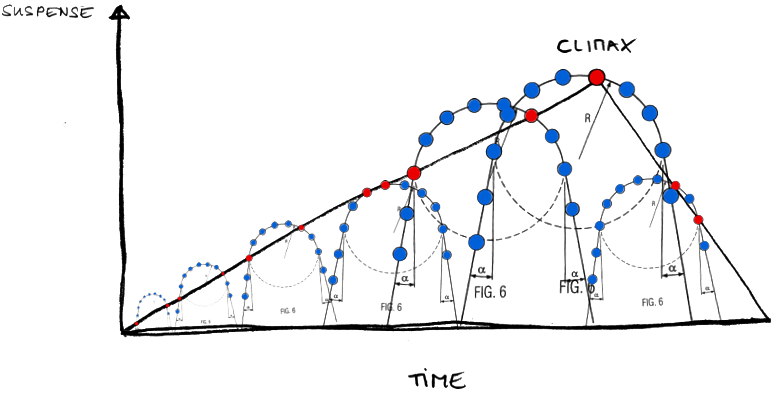
Telling stories might not be the only way, how we make sense of the world, but it is for sure the most important one.
Since film was invented – and that was in fact not too long ago – the way we tell stories, the way we see the world, has changed. We might not be aware of it, because when ‘normal’ changes, it is hard to see.
LINEAR THINKING
Filmic narration, the continuous exercise of watching films and making films has formed our way of thinking.
Film has trained us in linear causal thinking, which is good to solve certain kinds of problems, but for other kinds this approach is not helpful at all. We have piled up a big mountain of problems that are unsolvable with the method of thinking we are trained in so well.
Climate change, the energy problem, the economic crisis, the clashes of believes – to name just a few.
TENDENCY TO EXTREMES
They way we tell stories is fascinated by extremes. Things that are spectacular are told and retold, no matter how unimportant they are. This produces noise and makes us blind for the really important issues.
The way we currently tell stories make us blind for the world.
What could alternatives look like?
Abstract of my talk at iDocs, next week.

